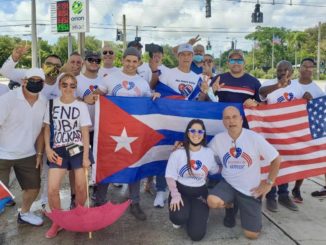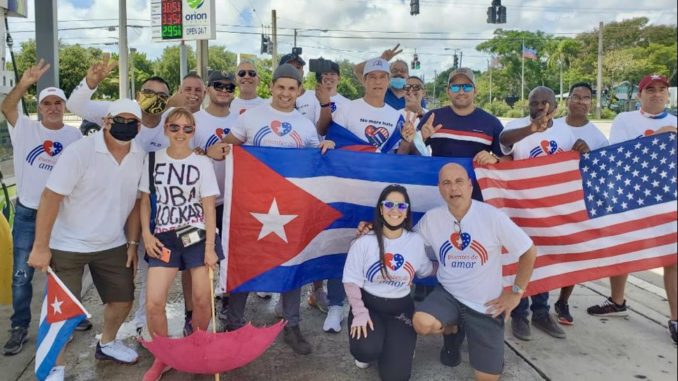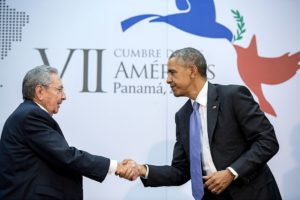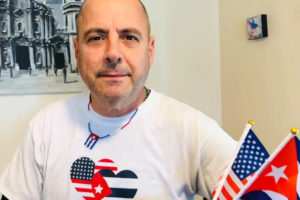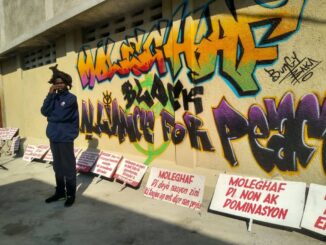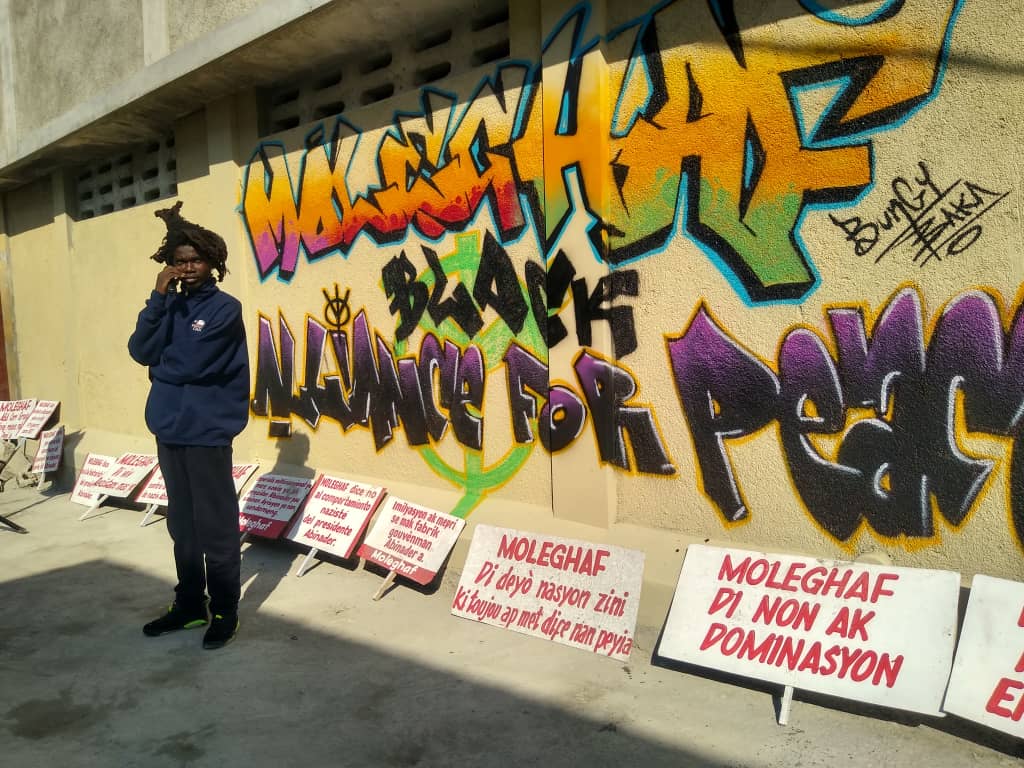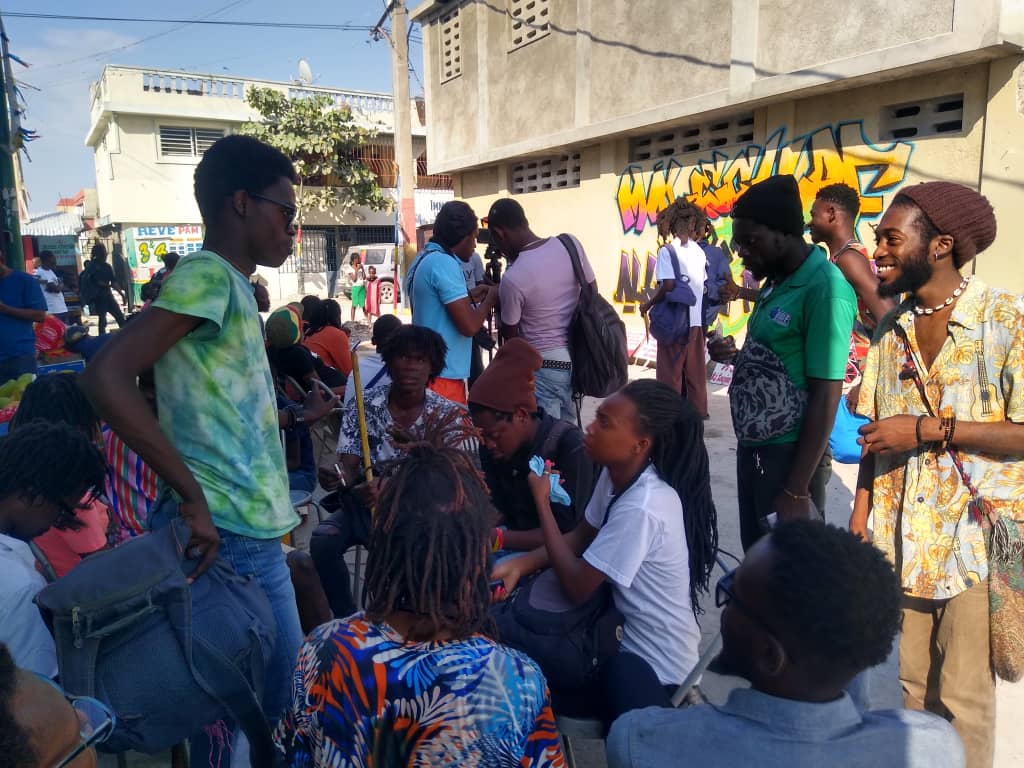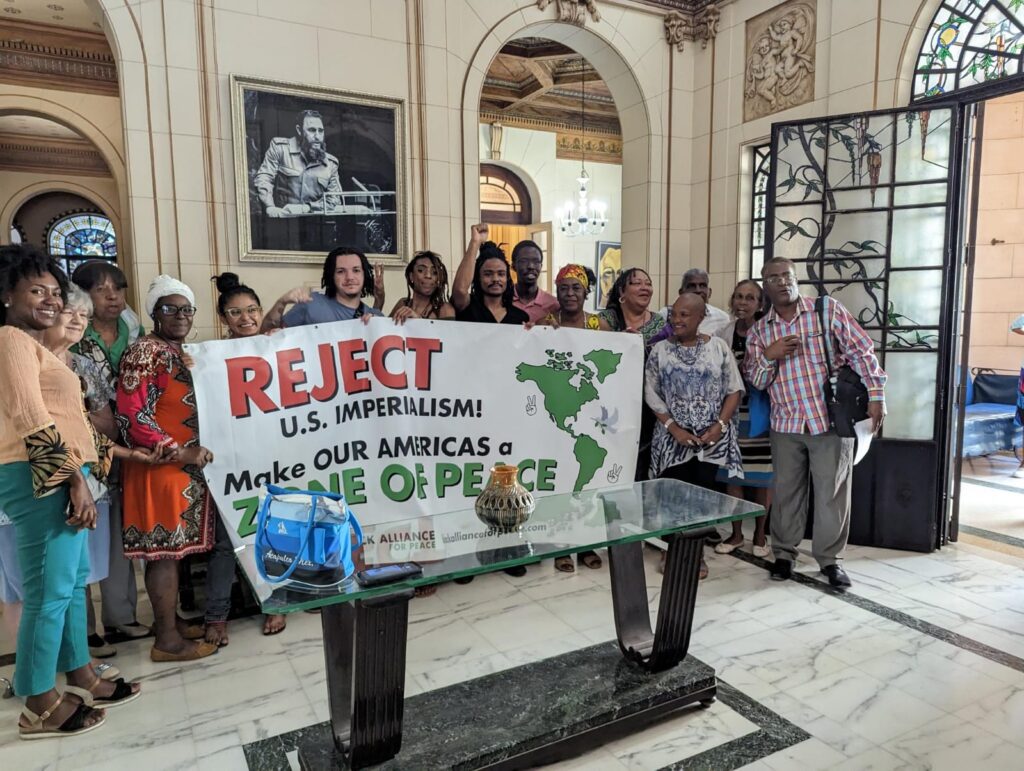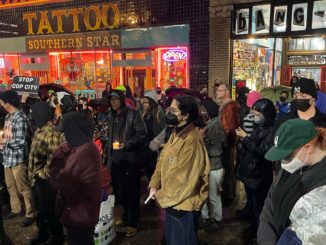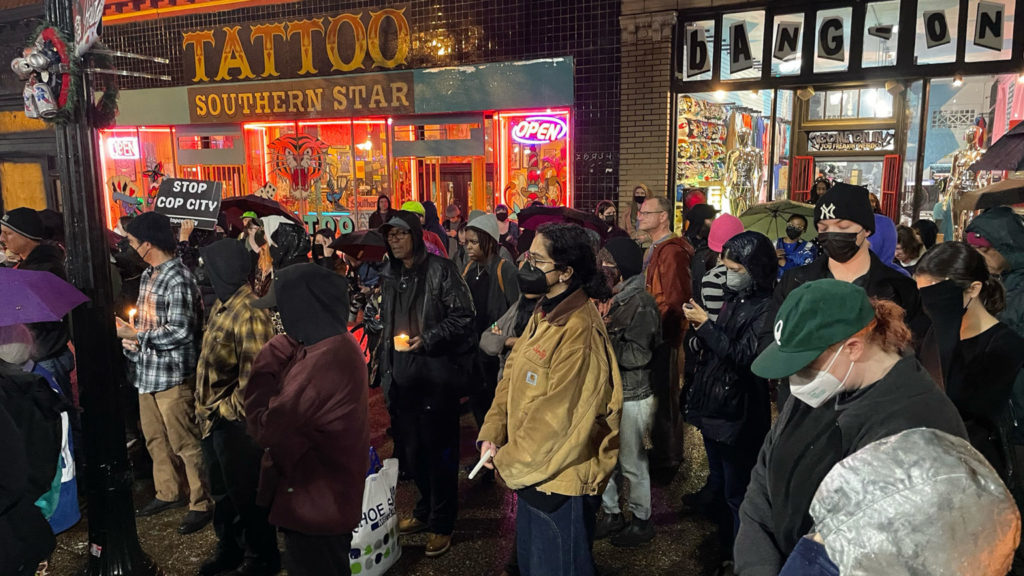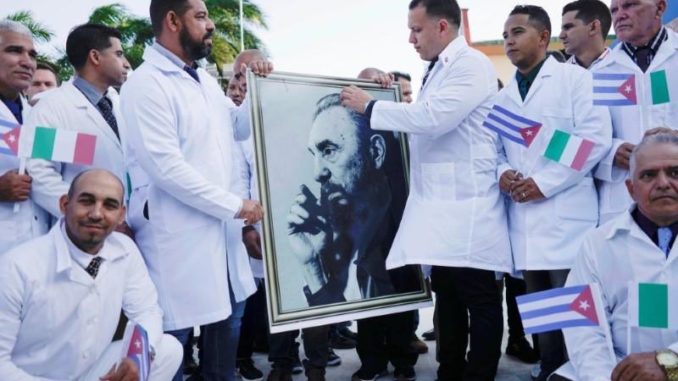
Cuba, like every other country on the planet, is struggling with the impact of COVID-19. This small island of 11 million people has created five vaccine candidates and sent its medical workers through the Henry Reeve International Medical Brigade to heal people around the world. Meanwhile, the United States hardens a cruel and illegal blockade of the island, a medieval siege that has been in place for six decades. In April 2020, seven United Nations special rapporteurs wrote an open letter to the United States government about the blockade. “In the pandemic emergency,” they wrote, “the lack of will of the U.S. government to suspend sanctions may lead to a higher risk of such suffering in Cuba and other countries targeted by its sanctions.” The special rapporteurs noted the “risks to the right to life, health and other critical rights of the most vulnerable sections of the Cuban population.”
On July 12, 2021, Cuba’s President Miguel Díaz-Canel told a press conference that Cuba is facing serious shortages of food and medicine. “What is the origin of all these issues?” he asked. The answer, he said, “is the blockade.” If the U.S.-imposed blockade ended, many of the great challenges facing Cuba would lift. Of course, there are other challenges, such as the collapse of the crucial tourism sector due to the pandemic. Both problems—the pandemic and the blockade—have increased the challenges for the Cuban people. The pandemic is a problem that people all over the world now face; the U.S.-imposed blockade is a problem unique to Cuba (as well as about 30 other countries struck by unilateral U.S. sanctions).
Origin of the Protests
On July 11, people in several parts of Cuba—such as San Antonio de los Baños—took to the streets to protest the social crisis. Frustration about the lack of goods in shops and an uptick in COVID-19 infections seemed to motivate the protests. President Díaz-Canel said of the people that most of them are “dissatisfied,” but that their dissatisfaction is fueled by “confusion, misunderstandings, lack of information and the desire to express a particular situation.”
On the morning of July 12, U.S. President Joe Biden hastily put out a statement that reeked of hypocrisy. “We stand with the Cuban people,” Biden said, “and their clarion call for freedom.” If the U.S. government actually cared about the Cuban people, then the Biden administration would at the very least withdraw the 243 unilateral coercive measures implemented by the presidency of Donald Trump before he left office in January 2021; Biden—contrary to his own campaign promises—has not started the process to reverse Trump’s designation of Cuba as a “state sponsor of terrorism.” On March 9, 2021, Biden’s spokesperson Jen Psaki said, “A Cuba policy shift is not currently among President Biden’s top priorities.” Rather, the Trump “maximum pressure” policy intended to overthrow the Cuban government remains intact.
The United States has a six-decade history of trying to overthrow the Cuban government, including using assassinations and invasions as policy. In recent years, the U.S. government has increased its financial support of people inside Cuba and in the Cuban émigré community in Miami, Florida; some of this money comes directly from the National Endowment for Democracy and from USAID. Their mandate is to accelerate any dissatisfaction inside Cuba into a political challenge to the Cuban Revolution.
On June 23, Cuba’s Foreign Minister Bruno Rodríguez said that the Trump “measures remain very much in place.” They shape the “conduct of the current U.S. administration precisely during the months in which Cuba has experienced the highest infection rates, the highest death toll and a higher economic cost associated with the COVID-19 pandemic.”
Costs of the Pandemic
On July 12, Alejandro Gil Fernández, Cuba’s minister of economy and planning, told the press about the expenses of the pandemic. In 2020, he said, the government spent $102 million on reagents, medical equipment, protective equipment and other material; in the first half of 2021, the government spent $82 million on these kinds of materials. This is money that Cuba did not anticipate spending—money that it does not have as a consequence of the collapsed tourism sector.
“We have not spared resources to face COVID-19,” Fernández said. Those with COVID-19 are put in hospitals, where their treatment costs the country $180 per day; if the patient needs intensive care, the cost per day is $550. “No one is charged a penny for their treatment,” Fernández reported.
The socialist government in Cuba shoulders the responsibility of medical care and of social insurance. Despite the severe challenges to the economy, the government guarantees salaries, purchases medicines and distributes food as well as electricity and piped water. That is the reason why the government added $2.4 billion to its already considerable debt overhang. In June, Cuba’s Deputy Prime Minister Ricardo Cabrisas Ruíz met with French Minister of Economy and Finance Bruno Le Maire to discuss the economic consequences of the COVID-19 pandemic. France, which manages Cuba’s debt to the public creditors in the Paris Club, led the effort to ameliorate the debt servicing demands on Havana.
Costs of the Blockade
On June 23, 184 countries in the UN General Assembly voted to end the U.S.-imposed blockade on Cuba. During the discussion over the vote, Cuba’s Foreign Minister Rodríguez reported that between April 2019 and December 2020, the government lost $9.1 billion due to the blockade ($436 million per month). “At current prices,” he said, “the accumulated damages in six decades amount to over $147.8 billion, and against the price of gold, it amounts to over $1.3 trillion.”
If the blockade were to be lifted, Cuba would be able to fix its great financial challenges and use the resources to pivot away from its reliance upon tourism. “We stand with the Cuban people,” says Biden; in Havana, the phrase is heard differently, since it sounds like Biden is saying, “We stand on the Cuban people.”
Cuba’s Prime Minister Manuel Marrero Cruz said that those who took to the streets on July 11 “called for foreign intervention and said that the [Cuban] Revolution was falling. They will never enjoy that hope,” he said. In response to those anti-government protests, the streets of Cuba filled with tens of thousands of people who carried Cuban flags and the flags of the Cuban Revolution’s 26th of July Movement. Cruz said, “The people responded and defended the revolution.”
This article was produced by Globetrotter.
Manolo De Los Santos is a researcher and a political activist. For 10 years, he worked in the organization of solidarity and education programs to challenge the United States’ regime of illegal sanctions and blockades. Based out of Cuba for many years, Manolo has worked toward building international networks of people’s movements and organizations. In 2018, he became the founding director of the People’s Forum in New York City, a movement incubator for working-class communities to build unity across historic lines of division at home and abroad. He also collaborates as a researcher with Tricontinental: Institute for Social Research and is a Globetrotter/Peoples Dispatch fellow.
Vijay Prashad is an Indian historian, editor and journalist. He is a writing fellow and chief correspondent at Globetrotter. He is the chief editor of LeftWord Books and the director of Tricontinental: Institute for Social Research. He is a senior non-resident fellow at Chongyang Institute for Financial Studies, Renmin University of China. He has written more than 20 books, including The Darker Nations and The Poorer Nations. His latest book is Washington Bullets, with an introduction by Evo Morales Ayma.

